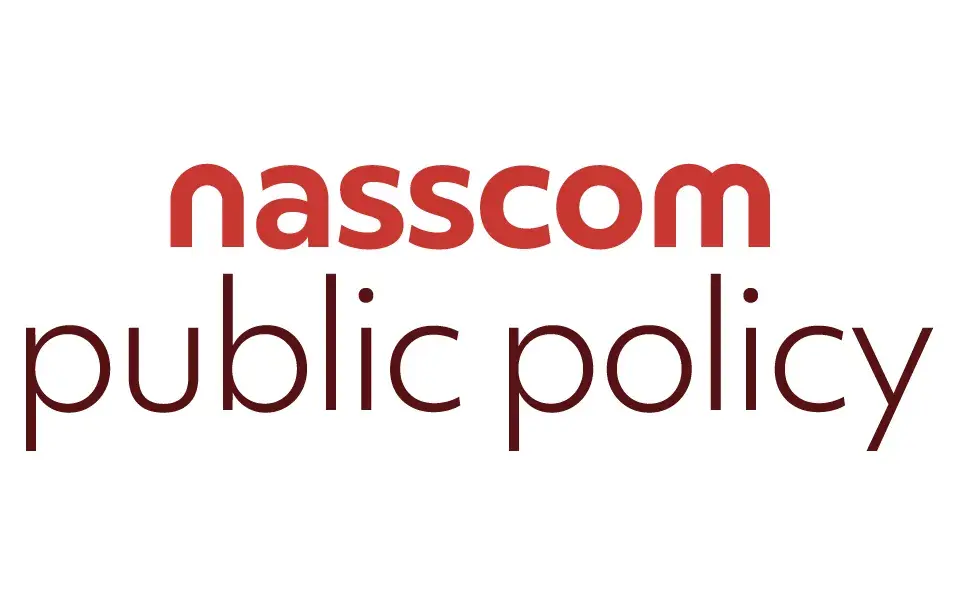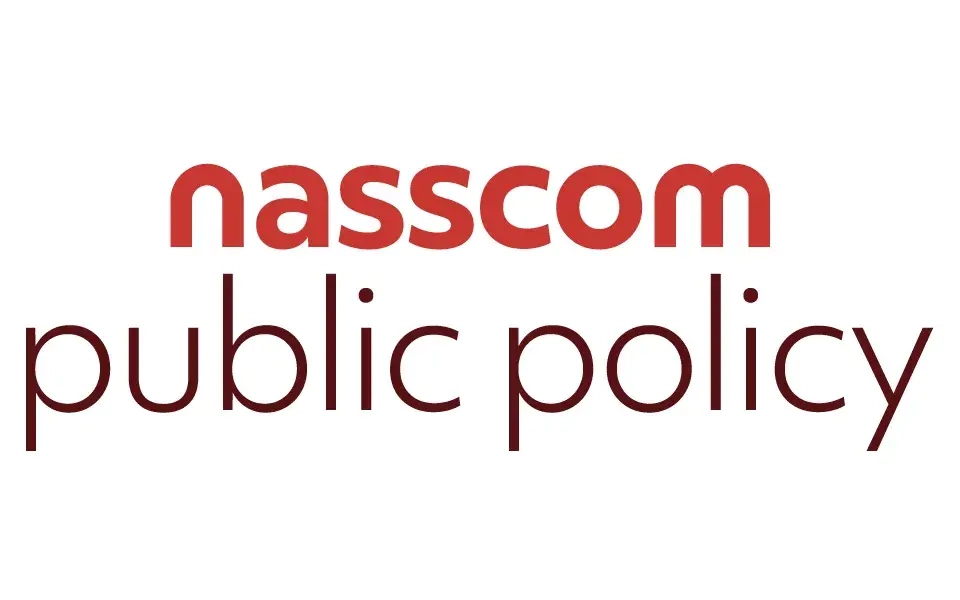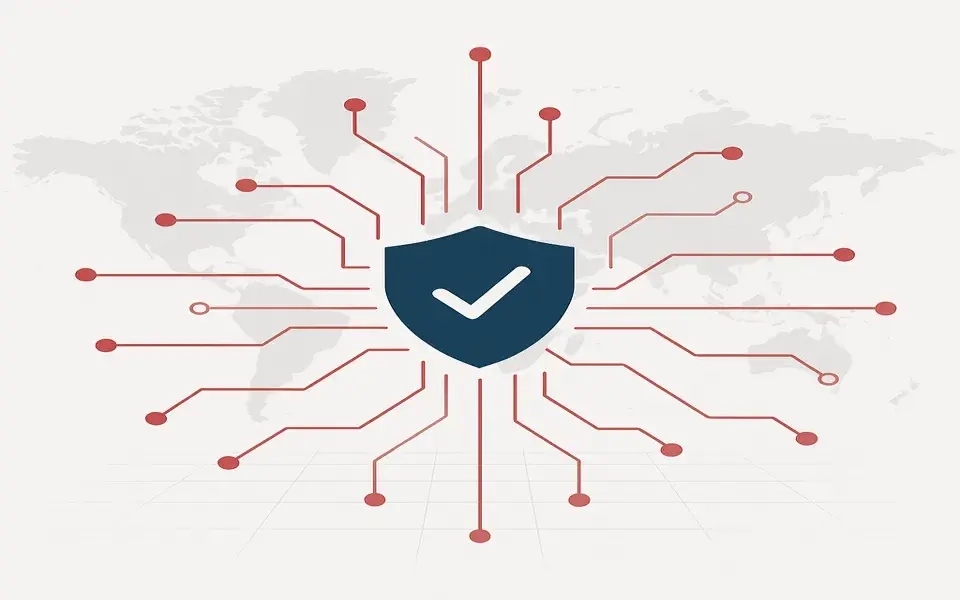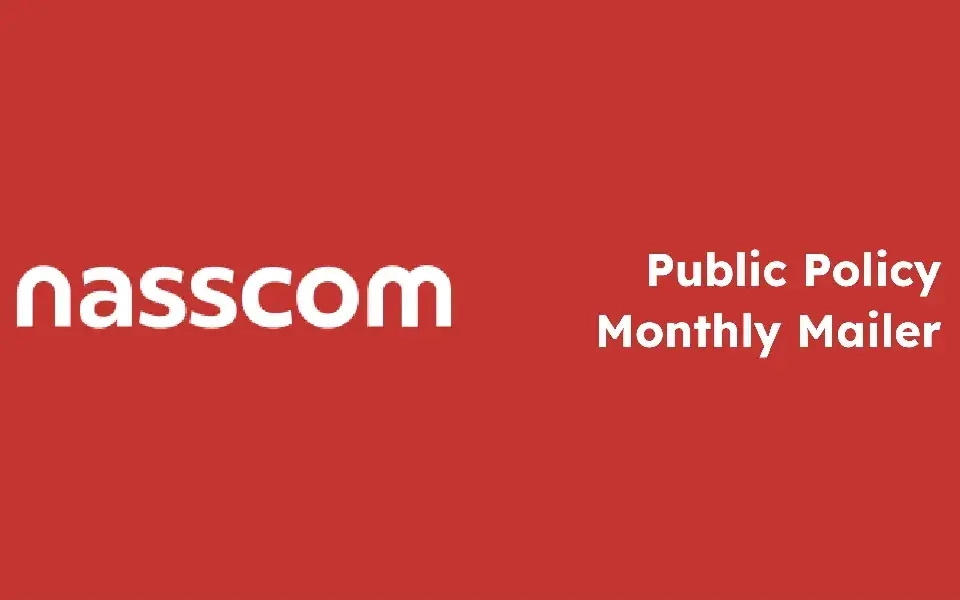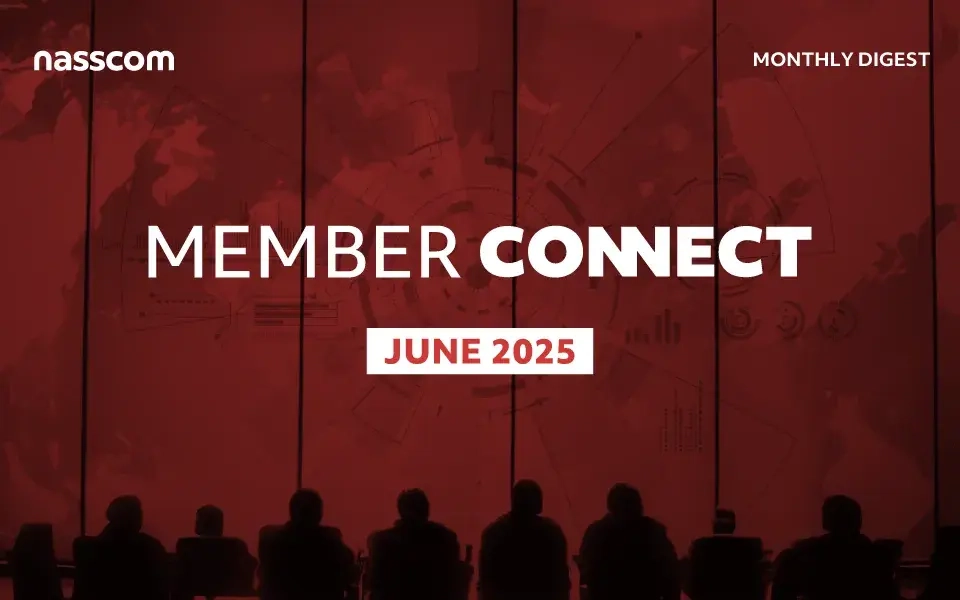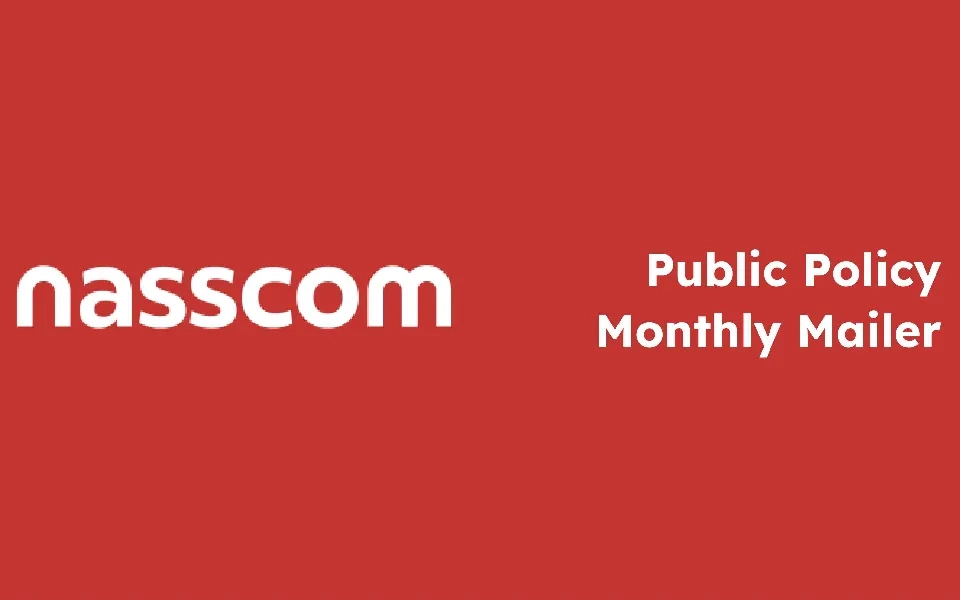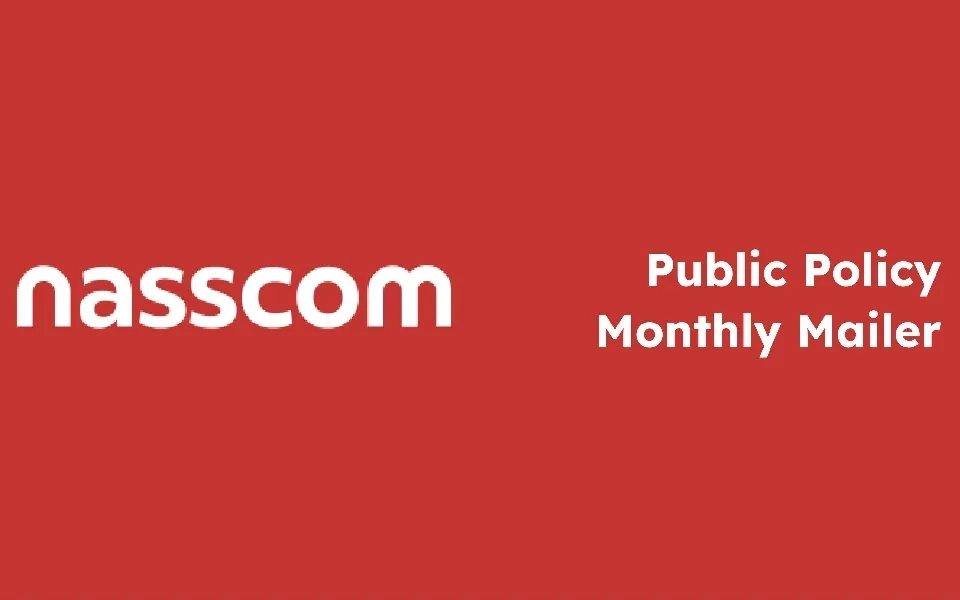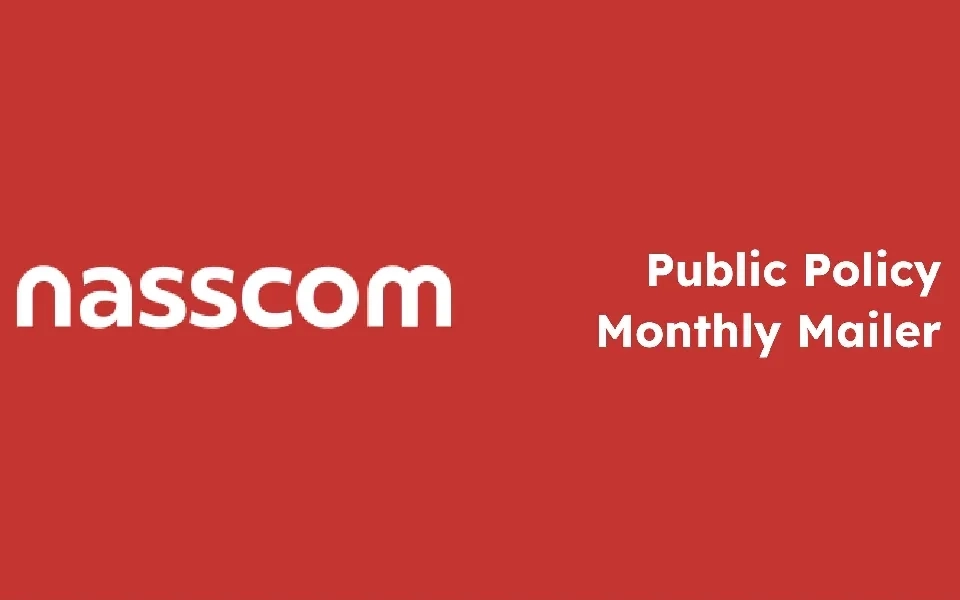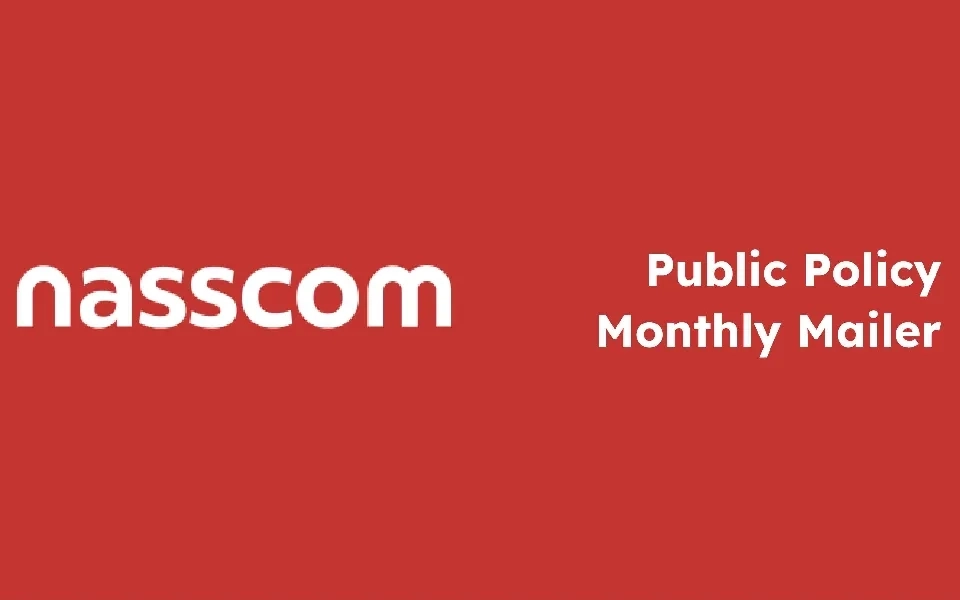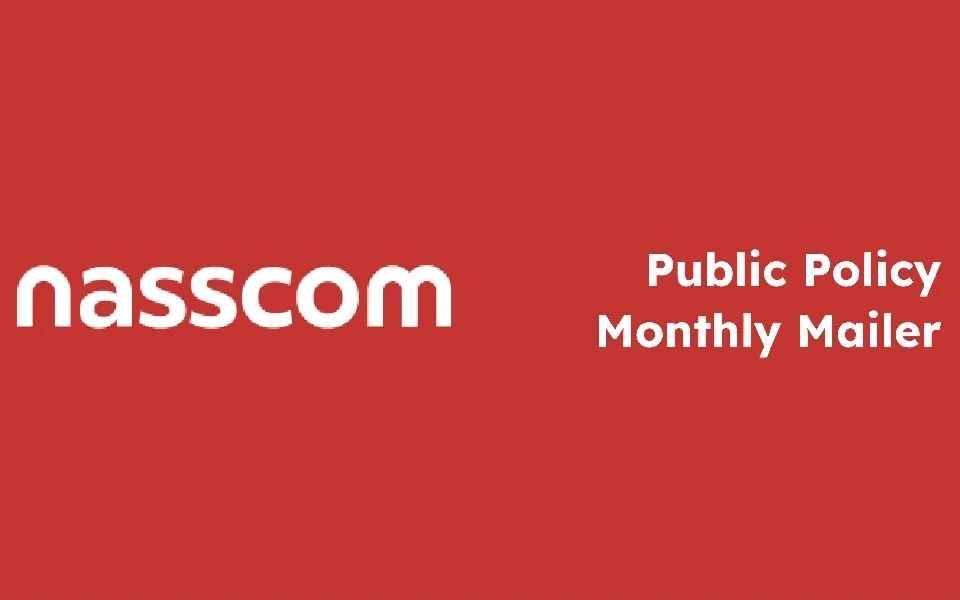 |
 |
| |
| |
| CERT-IN: Directions on information security and incident reporting |
| |
| On 28th April, 2022, the Indian Computer Emergency Response Team (CERT-IN) issued new directions requiring "all service providers, intermediaries, data centres, body corporates and government organisations" to, inter alia, mandatorily report a list of several cyber incidents within 6 hours of noticing them such incidents. |
| |
| These directions also included specific directions to "data centres, virtual private server providers, cloud service providers and virtual private network service providers" to register the details of their subscribers. Additional directions have also been issued to "virtual asset service providers, virtual asset exchange providers and custodian wallet providers" to maintain KYC information and records of financial transactions for at least 5 years. |
| |
| The directions will come into force on 27th June 2022. Non-compliance can lead to the potential imposition of penalties, including a one-year jail term or a fine of up to INR 100,000. For more details, kindly write to varun@nasscom.in and apurva@nasscom.in. |
|
| |
|
|
|
|
 |
| |
| |
| e-Commerce: Suggestions to enable and strengthen the e-commerce sector |
| |
| We submitted suggestions to the Government of Karnataka aimed at addressing challenges being faced by the e-Commerce sector and enabling its growth. Our suggestions included: ensuring State governments are proactive for wider adoption of e-commerce, easing GST related compliance burdens for online sellers, recognising digital invoices, creating better warehousing and logistics infrastructure, establishing dedicated e-Commerce Export Zones, dedicating customs clearance lanes for e-commerce exports, enabling MSMEs to digitise and sell online, etc. |
| |
| Read More |
| |
| |
| |
| GST: Request for clarification on rate of tax on items by cloud kitchen |
| |
| There is lack of clarity among the departmental officers on supplies made by cloud kitchen bakeries with respect to a cloud kitchen preparing cakes. Field officers are not treating supplies made by cloud kitchen bakeries as 'restaurant services' as defined in the Circular 164/20/2021-GST dated October 06, 2021. Accordingly, the authorities are viewing that the bakeries supplying cakes are liable to pay GST @ 18%. We made a submission to GST authorities requesting them to clarify, via a circular, that cloud kitchens, who are not in the business of selling packaged goods, are no different from regular restaurants. |
| |
| Read More |
| |
| |
| |
| OECD: Submission on draft model rules for Domestic Legislation on Scope |
| |
| In response to a consultation paper released by the Organisation for Economic Co-operation and Development (OECD), we made a detailed submission to the OECD and the Ministry of Finance in India based on inputs received from the industry. Our submissions request OECD to (1) prescribe use of "adjusted profit before tax margin" for identification of "Covered Groups", instead of using "pre-tax profit margin" (2) harmonise the definition of "entity" and "group entity" with the definition of "constituent entity" as provided for the purpose of country-by-country reporting (3) provide an opportunity to stakeholders to provide input(s) on unresolved issues or policy decisions once consensus has been reached by the OECD. |
| |
| Read More |
| |
| |
| |
| GST: Request for clarity on amendment introduced in relation to return filing |
| |
| There is a need for clarity as to whether an amendment introduced vide Finance Act to S.39(5), the Central Goods and Services Tax Act, 2017, applies only to non-resident taxable persons (NRTP) or will also apply to a non-resident Online Information Database Access and Retrieval services (OIDAR) service provider. In this regard, we made a submission to the GST Policy Wing requesting them to clarify whether or not the amendment is only for return filing by NRTP (i.e. for GSTR-5) and has no impact on the return filing due date for a non-resident OIDAR service provider (i.e., For GSTR-5A). |
| |
| Read More |
| |
| |
| |
| RBI: Feedback on processing and settlement of small value export and import-related payment |
| |
| We made a submission to the Reserve Bank of India (RBI) on the draft guidelines on the processing and settlement of small value expert and import related payments facilitated by online export-import facilitators (OEIF guidelines). Our submission highlighted the impact of exclusion of 'export of services' on small value services such as bookkeeping, website designing etc., the applicability of KYC master directions on PAs and PGs, the requirement on OEIFs to KYC overseas exporters etc. |
| |
| Read More |
| |
| |
| |
| Public procurement: Determination of local content for cloud service |
| |
| NASSCOM has been engaging with Ministry of Electronics and Information Technology (MEITY) on the issue of determining local content for cloud service. In March 2022, MEITY had proposed a framework which considers the local content in various layers - Cloud, IT infrastructure and basic infrastructure - are to be evaluated to compute local content of cloud service. We engaged with all empaneled cloud service providers and other stakeholders to evaluate the proposal and have shared the industry view with MEITY. For more information, write to jayakumar@nasscom.in and tejasvi@nasscom.in. |
| |
| |
| |
| RBI: Facilitation compliance with card-on-file tokenisation |
| |
| We made a representation to the RBI's FinTech Department and Department of Payment and Settlement Systems highlighting industry's concerns with implementing card-on-file tokenisation before the card data purging deadline (June 30). We noted the challenges related to the time taken for provisioning and absence of token synchronicity, concerns with number of transactions per second, lack of standardisation and interoperability, etc. We suggested that compliance of regulated entities may be closely monitored, and the RBI may publish regular updates on the readiness of the regulated entities. For more information, write to apurva@nasscom.in. |
| |
|
|
|
|
 |
| |
| |
| G20: Suggestions on the Action Plan for India's Presidency in 2022-23 |
| |
| We engaged with the MEITY and Ministry of External Affairs (MEA) to give suggestions on priorities of the G20 Action Plan for India's presidency in 2022-23, specifically for the digital economy working group. Our suggestions focused on: building international cooperation in digital regulations, encouraging mutual recognition of certificates between public digital platforms of different countries, development of international standards on creation of digital identities, building a coordinated approach to content moderation and regulation of intermediaries, developing a reference framework for common standards for digital literacy and digital skills etc. |
| |
| Read More |
| |
| |
| |
|
| Industry Awareness Session on Open Network for Digital Commerce (ONDC) |
| |
| We organised a session with the senior leadership team of ONDC to discuss about ONDC's plan and the business opportunities that exist for the tech sector. ONDC is being developed as an open public network for e-commerce supported by the Government of India. Some key points that generated discussion included: the kind of data stored by ONDC, the fact that ONDC will not become a part of the payment process between buyer and seller etc. ONDC is set for a pan-India launch in August 2022. |
| |
| Read More |
| |
| |
| |
|
| Dept of Commerce: Inter-ministerial Meeting on Work from Home (WFH) |
| |
| On April 12th, 2022, we attended an inter-ministerial meeting organized by the Department of Commerce to discuss the requirements of the tech industry for long-term WFH. We mentioned that (1) WFH has become critical for business growth, particularly for SEZs units, and is no longer a BCP measure (2) SEZ units face challenges due to lack of regulatory clarity for implementing hybrid working models permanently (3) requested the Govt. to issue the necessary changes in the SEZ Rules to introduce the required certainty. After the meeting, NASSCOM also initiated a survey to highlight the impact of WFH on the SEZ units since the pandemic, to share the findings with the Govt. For more details, kindly write to deepak@nasscom.in and tejasvi@nasscom.in. |
| |
| |
| |
|
| DOT: Meeting to discuss regulatory framework for PSTN based Hosted Contact Centre Services (HCCS) |
| |
| On April 26th, 2022, NASSCOM, along with industry leaders, met with the senior officials from Department of Telecommunications (DOT) and sought clarity on the regulatory treatment for the PSTN based HCCS in India. We explained that PSTN-based HCCS are merely value-added services offered on top of telecom resources, similar to those falling in the Other Service Providers (OSP) category. Therefore, they should not be characterized as licensed activities. We suggested that the DOT consider adopting a liberalized framework for the regulation of HCCS and recommended bringing such services under a self-regulatory framework (like the OSP reforms). For more details, kindly write to deepak@nasscom.in and garima@nasscom.in. |
| |
| |
| |
|
| Industry interactions: regulation of SEZ Work from Home (WFH) |
| |
| NASSCOM organised a series of industry interactions on the SEZ work from home regulatory framework to understand the industry requirements related to long term work from home, and to understand the challenges that are being faced due to lack of certainty related to long term visibility for implementing hybrid working models. During the interactions, NASSCOM updated members on the engagement with Government on this matter including the survey initiated by it to further strengthen this ask. More than 100 industry members participated in these discussions. For more information, kindly write to deepak@nasscom.in and asaggarwal@nasscom.in. |
| |
| |
| |
|
| Industry interactions: 'Streamlining multi-state labour laws & future of work' |
| |
| In partnership with Trilegal, NASSCOM organised a series of industry interactions on the challenges being faced by industry due to variations in State-level labour laws. We also discussed way forward to address those challenges as covered in the discussion paper released last year by NASSCOM (available here). In addition, we also discussed some of the operational and compliance challenges that may emerge due to hybrid working models going forward. Comments were sought from the industry to address these concerns. We will continue to engage members and relevant stakeholders to addresses these emerging concerns. For more information, kindly write to deepak@nasscom.in and asaggarwal@nasscom.in. |
| |
|
|
|
|
|
|
|
| |
| |
| UK - India FTA: Joint paper on digital trade and cross-border data flows |
| |
| NASSCOM is finalising a policy paper jointly with TechUK and the UK-India Business Council focusing on measures that may be considered for enabling cross border data flows and enhancing privacy protection with a view to boost bilateral digital trade between India and UK. The paper argues for the inclusion of a digital trade chapter in the upcoming India-UK Free Trade Agreement. This will include commitments to keep international data transfers open and to adopt a principled framework for rules restricting or prohibiting such transfers. The paper is also expected to assist both governments as they carry out reviews of their domestic data protection regimes. For more information, kindly contact garima@nasscom.in. |
| |
| |
| |
| Start-ups: Policy paper on strengthening the start-up ecosystem |
| |
| NASSCOM, in partnership with TiE Delhi-NCR and Grant Thornton Bharat, is finalising a policy paper to highlight the concerns faced by start-ups, founders, and investors at various stages of a start-up's growth journey. The paper will also present the findings of the survey conducted by us in August 2021. The aim of this paper is to provide recommendations to the government on issues such as access to domestic and international capital, innovative ways of raising capital etc. For more information, write to garima@nasscom.in. |
| |
| |
| |
| Export control: Handbook of best practices for internal compliance |
| |
| NASSCOM is preparing a handbook capturing the best practices and measures to be undertaken by companies as part of their internal compliance programs (ICPs). The aim of this document is to assist the industry in complying with their export control compliance obligations related to intangible technology transfers. We are eager to hear from members on their existing ICPs. For more information, write to garima@nasscom.in. |
| |
| |
| |
| Data Protection: Survey on consultation practices and transition period |
| |
| NASSCOM is currently analysing the Draft Data Protection Act of 2021 (DPB 2021). A key focus area is the Data Protection Authority of India (DPAI) and the connected regulatory structures. In this regard, we note that the Bangalore-based Aapti Institute is conducting, as part of their Data Economy Lab project, a survey soliciting inputs from industry on the DPAI focusing on how it should conduct consultations and how the regulatory system should be scaled up during the proposed transition period of 2 years. We consider this a good opportunity for members to provide their views on these issues. For more information, write to varun@nasscom.in and apurva@nasscom.in. |
| |
| |
| |
| Call for inputs: Draft Health Data Management Policy 2.0 |
| |
| The National Health Authority (NHA) has released the draft Health Data Management Policy 2.0 (HDM 2.0). It will act as a guidance document across the National Digital Health Ecosystem (NDHE) and to set out a framework for the secure processing of personal and sensitive personal data of individuals who are a part of the NDHE in compliance with applicable laws and set out the minimum standard for data privacy to be followed across the board to ensure compliance with applicable relevant law. It will also create a system of digital health records which are easily accessible to individuals and healthcare service providers and is voluntary in nature. Kindly send your inputs by May 19th to apurva@nasscom.in. |
| |
| Read More |
| |
| |
| |
| Call for inputs: TRAI Consultation Paper on Issues Relating to Media Ownership |
| |
| In April, the Telecom Regulatory Authority of India (TRAI) had published a consultation paper on "issues relating to media ownership" to solicit feedback from stakeholders. This has been issued on the backdrop received by TRAI from the Ministry of Information and Broadcasting, seeking a review of its previous recommendations dated August 12, 2014 (available here), in light of the changes and developments in the media and entertainment industry. The consultation paper covers matters related to media ownership, particularly cross-media ownership, and vertical integration in the broadcasting sector. Kindly send your inputs by May 10th to deepak@nasscom.in and varun@nasscom.in. |
| |
| |
| |
| Call for inputs: Karnataka State labour Rules |
| |
| The Department of Labour, Government of Karnataka has, as part of the implementation process of the new labour codes, published the State-level labour rules for the Code on Social Security (Karnataka) Rules, 2021 and the Code on Occupational, Safety, Health and Working Conditions (Karnataka) Rules 2021 as drafts for public consultation. Kindly send your inputs by May 10th to deepak@nasscom.in and asaggarwal@nasscom.in. |
| |
| |
| |
| Call for inputs: Tamil Nadu State labour Rules |
| |
| The Government of Tamil Nadu has, as part of the implementation process of the new labour codes, published the State-level labour rules for the Code on Wages (Tamil Nadu) Rules, 2022 ; the Code on Industrial Relations (Tamil Nadu) Rules, 2022 and the Code on Occupational, Safety, Health and Working Conditions (Tamil Nadu) Rules, 2022, as drafts for public consultation. Kindly send your inputs by May 15th to deepak@nasscom.in and asaggarwal@nasscom.in. |
| |
|
|
|
 |
| |
| |
| Company Law Committee: Legalise SPACs in India |
| |
| The Company Law Committee Report has recommended recognition of Special Purpose Acquisition Companies (SPAC) in India and allowing entrepreneurs to list a SPAC incorporated in India on domestic and global securities exchanges. This can enable more options for Indian companies, especially start-ups, to attract capital. This can also be one of the ways to enable overseas listing for start-ups, something that NASSCOM has recommended to the government previously (read more). For any queries, kindly write to garima@nasscom.in. |
| |
| |
| |
| RBI: Master Directions on Issuance and Conduct of Credit and Debit Cards |
| |
| On April 21st, 2022, the RBI issued the Master Directions on Issuance and Conduct of Credit and Debit Cards to be effective from July 1st, 2022. These impose (1) obligations on card issuers to provide a statement of key facts (including interest rates or quantum of charges, etc.) along with an application for a credit card (2) in cases of rejections, provide reasons (3) an optional requirement on card issuers to provide insurance cover to customers to address the liabilities arising out of lost cards (3) restrict the role of co-branded entity to the marketing and distribution of cards and providing access to the cardholder for goods or services offered. For more details, kindly write to apurva@nasscom.in. |
| |
| Read More |
| |
| |
| |
| DOT: Registration and licensing of machine to machine (M2M) service providers |
| |
| In their guidelines on the registration of M2M service providers & WPAN/WLAN connectivity providers for M2M services (available here), the DOT has now made it mandatory for entities offering such services based on SIM/ LAN to register with the DoT as M2MSP and entities which use WPAN/WLAN technologies for providing M2M connectivity, operating in unlicensed spectrum to also registered with the DOT. The application process of registration or for obtaining license has now been made operational at the Saralsanchar portal here. For queries, kindly write to deepak@nasscom.in and garima@nasscom.in. |
| |
|
|
|
|
|
|




